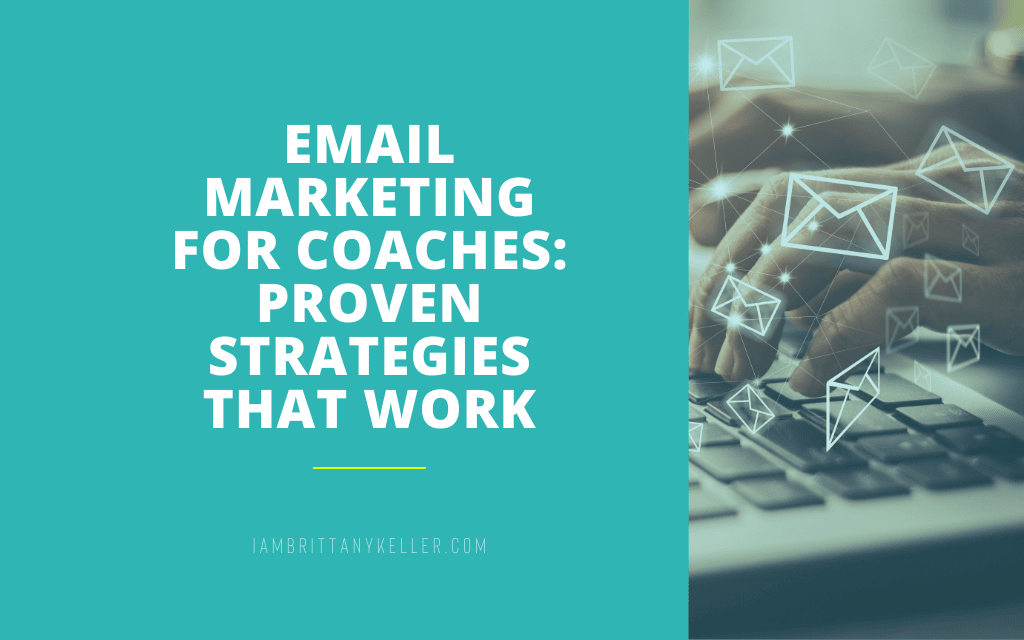Perfectionism in business is holding you back more than it is helping you.
86% of people say perfectionist expectations impact their work. That is not just a quirk. It is baked into work culture.
I get it. You want it to be just right before you put it out there. Sounds smart, right? But here is the truth: it is killing your momentum. It is draining your energy. It is making you way harder on yourself than you need to be. And while you are tweaking, polishing, and getting ready, you are not getting paid.
You can break that cycle. I have done it. My clients have done it. And you can too.

Why Perfectionism in Business Is Wrecking Your Growth
Perfectionism in business feels like a strategy. But here is what it is really doing:
-
You overthink so much that you miss actual opportunities
-
You burn yourself out chasing standards no one else cares about
-
You avoid taking risks because you are scared to make a mistake
-
Those not good enough thoughts crush your confidence before you even start
And that is the real cost. It keeps you playing small.
How to Loosen Your Grip and Still Win
This is not about lowering your standards. It is about moving faster and putting your focus where it actually matters.
1. Flip How You See Failure
Failure is not a problem. Sitting on your hands is. Next time something does not go the way you wanted, ask, “What did I learn here?” Sara Blakely, the founder of Spanx, celebrates failures because each one made her business better. That is the energy that kills business perfectionism.
2. Stop Perfecting Stuff That Does Not Matter
Your client proposal? Yes, get that right. The internal memo to your VA? Good enough is fine. Obsessing over commas while ignoring revenue work is how perfectionism in business keeps you broke.
3. Choose Progress Over Perfect
If you have been waiting until everything is flawless before you launch, you have already waited too long. Put out the simplest version that actually helps your people right now. Get feedback. Make it better. You will make money while you improve instead of hoping your perfect version magically takes off.
Read this next: How to Overcome Fear of Visibility in Business. Because perfectionism often hides as “I am not ready yet.”
4. Hand Things Off
You do not have to do it all yourself. That is not being in control, that is slowing your own growth. Delegate to your team, hire a freelancer, or outsource the stuff you hate. Every task you hand off is one more thing pulling you out of the perfectionism mindset.
5. Set a Timer and Mean It
Give yourself a set amount of time for a task and when it is done, it is done. You will be shocked how often the extra time you spend tweaking changes nothing. Done is better than perfect.
6. Watch Your Self-Talk
If your brain says, “This has to be perfect,” flip it to, “It just has to be done today.” That one shift will save you from hours of overthinking.
7. Celebrate Wins Even Small Ones
You cannot bully yourself into confidence. Momentum comes from acknowledging your progress, not ignoring it. When you check something off your list, count it. Stack those wins. That is how you break perfectionism vs progress for good.
Frequently Asked Questions About Perfectionism in Business
Perfectionism in business shows up in a lot of sneaky ways. These are the questions I get asked most often, and my straight answers on how it really works, why it is holding you back, and how to shift out of it.
What is perfectionism in business?
It is when you hide behind high standards as a reason to avoid moving. You polish instead of publish. You stay busy instead of profitable. And deep down, it is about fear of being judged, not about quality.
Do perfectionists make good leaders?
Only if they learn to let go. High standards can inspire a team. Micromanaging every move suffocates it. Leadership is about setting the bar and trusting people to meet it, not hovering over every detail.
Why is perfectionism toxic?
Because it is procrastination in disguise. It drains your energy, kills creativity, stops smart risks, and pushes money-making work to the bottom of your list. It is a growth killer.
What is the root cause of perfectionism?
Your brain linking worth to performance. If you grew up getting love, approval, or safety only when you got it right, your nervous system now thinks being perfect is survival.
What kind of trauma causes perfectionism?
It could be constant criticism, unpredictable environments, or being praised only for achievements. Over time, you learn mistakes equal danger. So you overcompensate by over-controlling everything.
How to get rid of perfectionism?
-
Decide what is truly worth your best and let the rest be good enough
-
Time-box your work and stick to it
-
Put out the simple, helpful version now and improve it later
-
Hand off what you do not need to touch
-
Swap perfect thinking for useful today
-
Track wins so your brain starts trusting action over delay
This is how you overcome perfectionism in business and still keep your quality.
Why It Is Worth Dropping Perfectionism
When you release it, you will get more done faster. You will have energy again. Your creativity will wake back up. And you will stop killing your own confidence before you start.
Pick one shift from this list and do it today. Watch how quickly everything moves when perfectionism is not running your business.
Join the list where I say what most coaches will not. No fluff. Just facts: iambrittanykeller.com/newsletter
Read Next: Beat Shiny Object Syndrome in Business and Scale Faster
If you dug this post… join my free group where we talk even more about showing up as your authentic self and creating massive income and impact. Join here.



